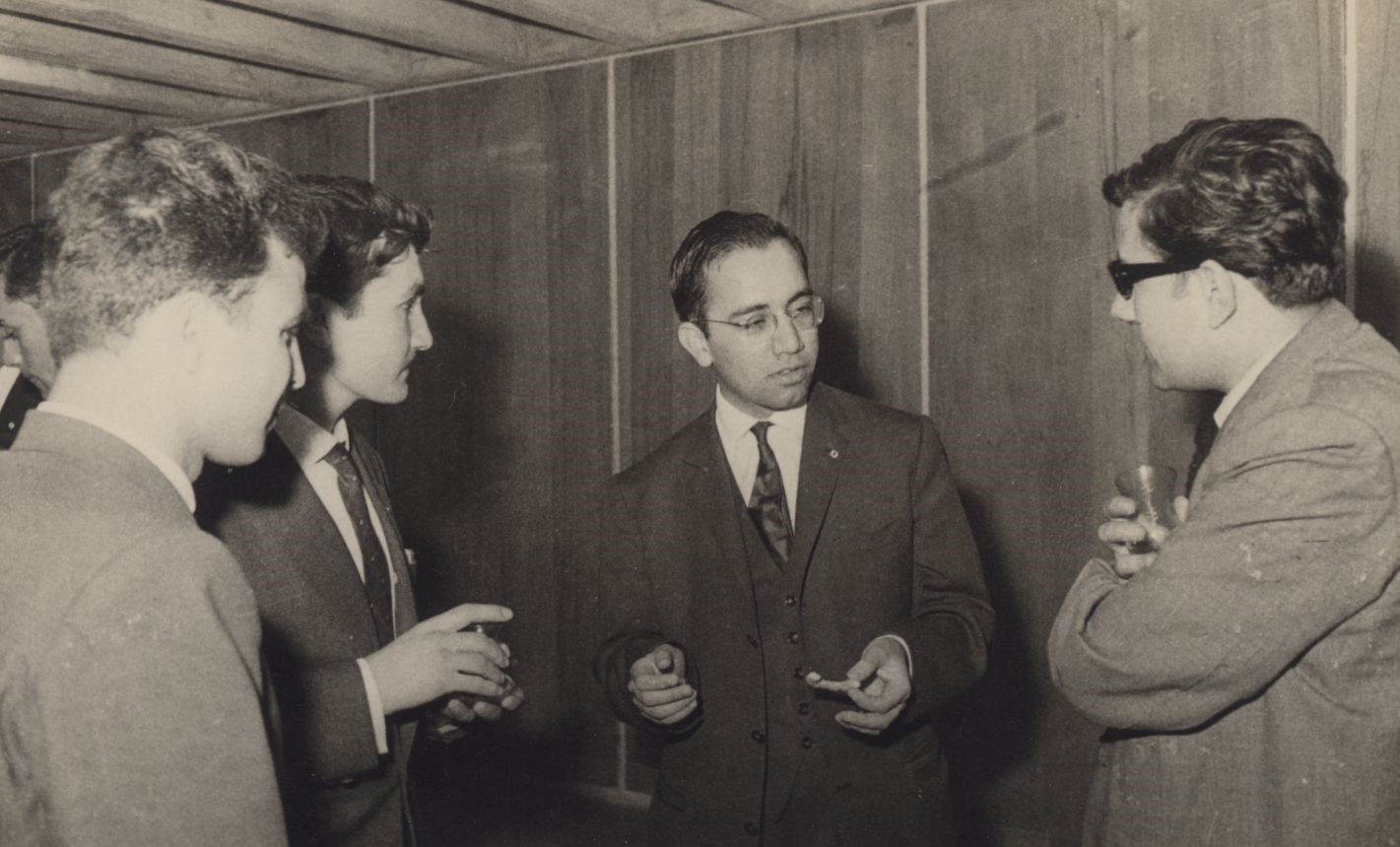Selected Essays on Turkish Literature and Journalism (1850 - 1950) by Tanvir Wasti
- English
- Türkçe

Over the span of thirty-five years, our esteemed Professor Syed Tanvir Wasti has made a remarkable contribution to the journal Middle Eastern Studies, authoring a total of 37 scholarly articles. In recognition of his enduring and invaluable input, the editor of the journal has curated a selection of 16 of these works, presenting them as a unique collection to the readership. You will find the editor's introductory note below.
We extend our sincere appreciation to Professor Wasti for these scholarly contributions beyond the realm of engineering. This collection stands as a significant academic achievement for our community.
We are truly fortunate to have Professor Wasti among us.
https://www.tandfonline.com/journals/fmes20/collections
Syed Tanvir Wasti has been a major contributor of articles to Middle Eastern Studies over a period of thirty-five years. This collection brings together his articles on Turkish literature and journalism between 1850 and 1950. It consists of a series of vignettes of important Turkish literary figures in that turbulent period which saw the transition from the late Ottoman Empire to the modern Republic. Wasti has a major interest in, and knowledge of, late Ottoman poetry (see his An Introduction to Late Ottoman Poetry, 2012). So, it is appropriate that the focus of this collection should be on the poets. However, it is noticeable that many of them were multi-talented individuals who also wrote novels, plays, memoirs, historical works and contributed articles to newspapers and journals. In the main they were well-educated and from reasonably privileged backgrounds. Since writing rarely paid, when necessary they made use of their family contacts to seek employment in the Ottoman bureaucracy, whether in Istanbul, the imperial provinces, or abroad as diplomats. Free-thinkers, they often fell foul of the Hamidian censorship and were sent into internal or external exile. They were often to be found in Paris or London running short-lived newspapers of protest. Some of them eventually returned to play a part in the new parliamentary assembly set up after the 1908 Young Turk revolution. There is a definite fin-de-siècle air about this collection, a sense of regret at the passing of this remarkable generation of writers, which is reflected in the sadness portrayed in many of their poems. There is also wit and humour on display. Renowned for his wit, Süleyman Nazif, serving as the Vali of Baghdad in 1914, responded to a demand from Istanbul for the despatch of a large volume of foodstuffs, including tea, by quipping that he believed that the telegram should have been sent to the Emperor of China!
Although all these articles by Syed Tanvir Wasti have been published before in Middle Eastern Studies, they have been collected together to give a convenient reprise of his work. They represent a remarkable contribution to our knowledge of late Ottoman literature and politics. It gives me great pleasure to recommend them to our readership.
Saul Kelly
